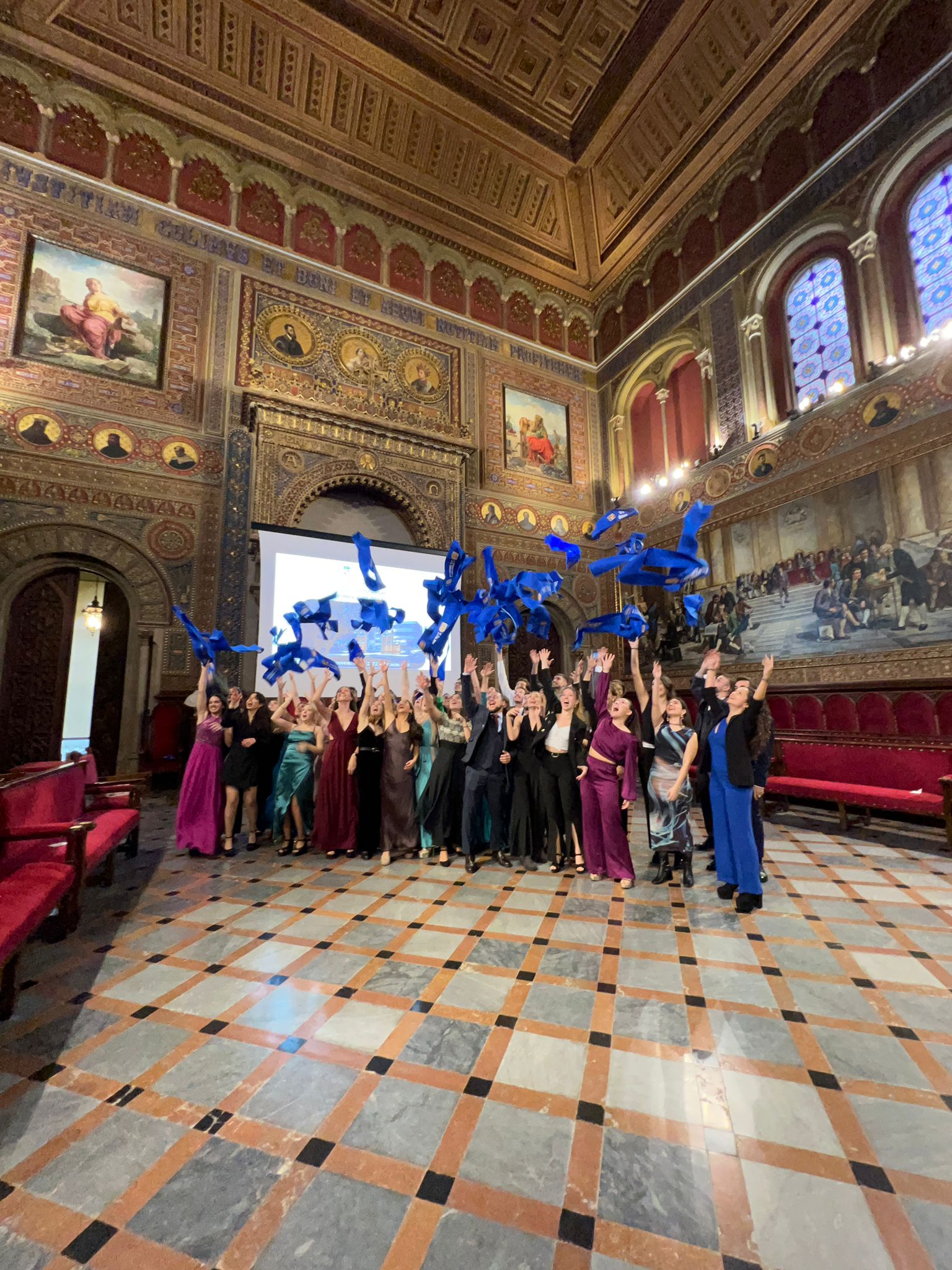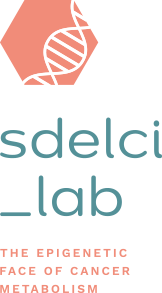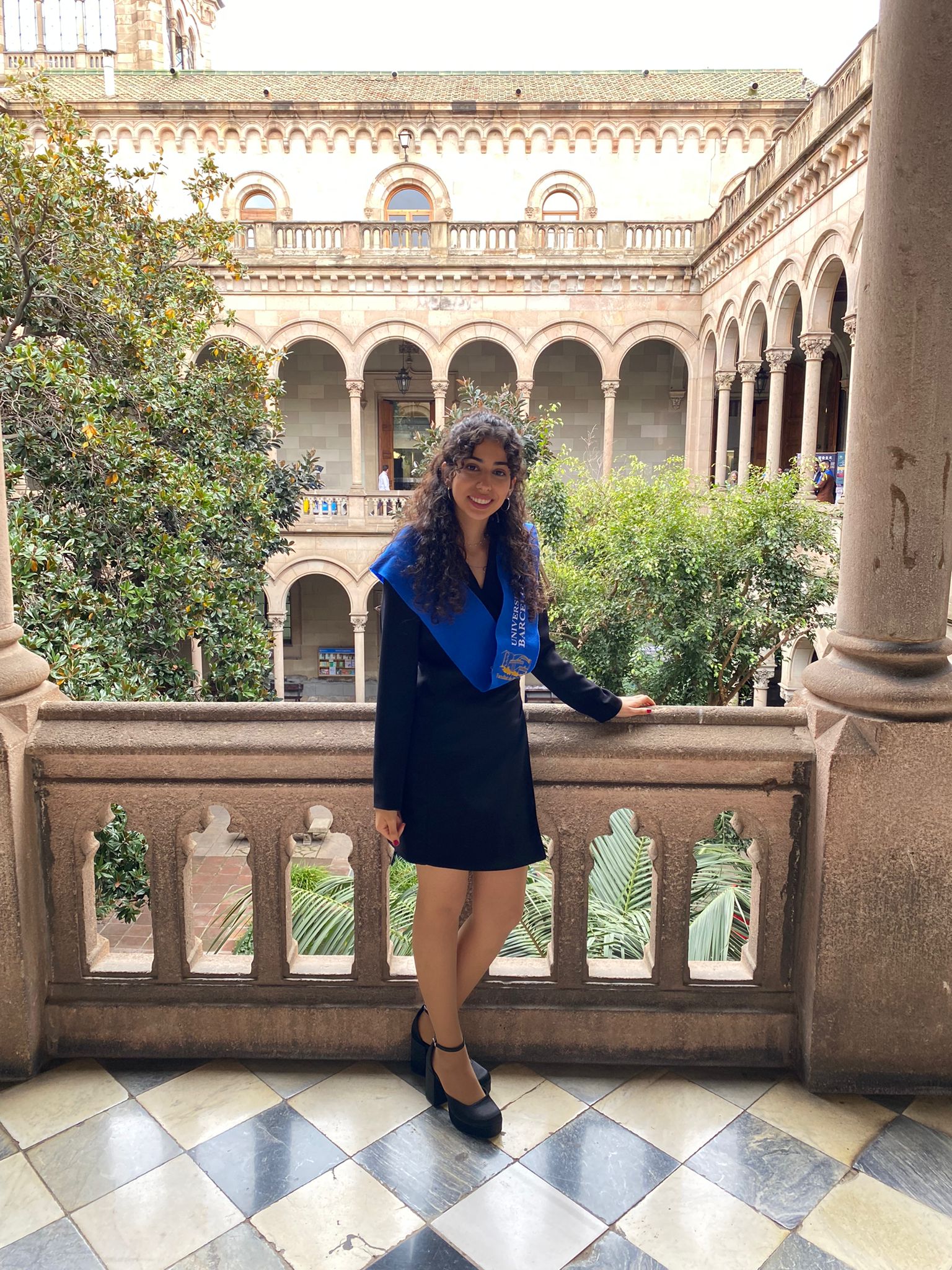



Sara joined us as a Masters student from the Autonomous University of Barcelona (UAB) to study epigenetic modifications in breast cancer. Now that she is a Masters graduate, we revisit the work she did at the lab.
Breast cancer is the most common cause of death in women. Triple-negative breast cancer (TNBC) is an especially aggressive type of breast cancer that is resistant to many treatments. A new finding called histone lactylation has been linked to cancer growth. Histones are proteins that DNA wraps around, and lactylation is a chemical change made to histones by lactate.

Lactate builds up from altered metabolism in cancer cells. Previous research found lower lactylation levels in aggressive TNBC cells versus other breast cancers. This suggests lactylation may correlate with cancer aggressiveness. Further study highlighted two players in this process – the LDHB enzyme and MCT1 transporter protein. LDHB converts lactate to pyruvate and was increased in TNBC cells, opposite to lactylation. MCT1 transports lactate in/out of cells and was found to negatively regulate lactylation.
“My work focused on how LDHB location in cells together with MCT1 activity control lactylation levels. This metabolic interplay may explain the link between histone lactylation and cancer aggressiveness. Understanding these mechanisms could lead to new treatment approaches for aggressive breast cancers.” – Sara Musa
| Cookie | Duration | Description |
|---|---|---|
| cookielawinfo-checbox-analytics | 11 months | This cookie is set by GDPR Cookie Consent plugin. The cookie is used to store the user consent for the cookies in the category "Analytics". |
| cookielawinfo-checbox-functional | 11 months | The cookie is set by GDPR cookie consent to record the user consent for the cookies in the category "Functional". |
| cookielawinfo-checbox-functional | 11 months | The cookie is set by GDPR cookie consent to record the user consent for the cookies in the category "Functional". |
| cookielawinfo-checbox-others | 11 months | This cookie is set by GDPR Cookie Consent plugin. The cookie is used to store the user consent for the cookies in the category "Other. |
| cookielawinfo-checkbox-advertisement | 1 year | The cookie is set by GDPR cookie consent to record the user consent for the cookies in the category "Advertisement". |
| cookielawinfo-checkbox-necessary | 11 months | This cookie is set by GDPR Cookie Consent plugin. The cookies is used to store the user consent for the cookies in the category "Necessary". |
| cookielawinfo-checkbox-performance | 11 months | This cookie is set by GDPR Cookie Consent plugin. The cookie is used to store the user consent for the cookies in the category "Performance". |
| viewed_cookie_policy | 11 months | The cookie is set by the GDPR Cookie Consent plugin and is used to store whether or not user has consented to the use of cookies. It does not store any personal data. |
| Cookie | Duration | Description |
|---|---|---|
| _ga | 2 years | This cookie is installed by Google Analytics. The cookie is used to calculate visitor, session, campaign data and keep track of site usage for the site's analytics report. The cookies store information anonymously and assign a randomly generated number to identify unique visitors. |
| Cookie | Duration | Description |
|---|---|---|
| _ga_F3JJLHN009 | 2 years | No description |

